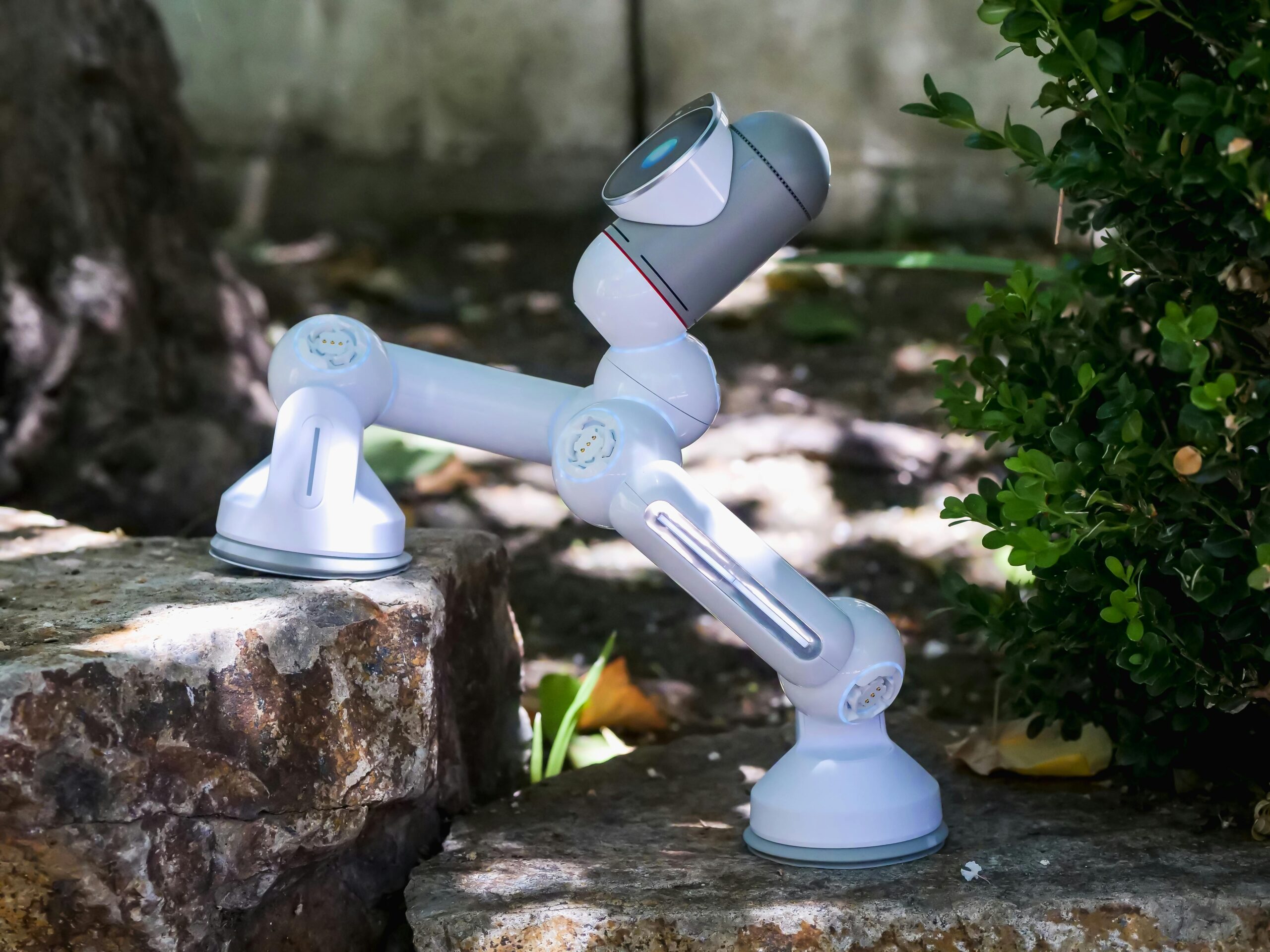How AI is Changing the Job Market: Threat or Opportunity?
Artificial Intelligence (AI) has become a hot topic in recent years, with its rapid advancement impacting various aspects of our lives, including the job market. As AI continues to evolve and automate tasks previously performed by humans, it raises the question: is AI a threat to job security or an opportunity for growth and innovation?
AI Automation Reshaping Industries
AI automation is revolutionizing industries across the board, streamlining processes, increasing efficiency, and reducing costs. While this has led to increased productivity and improved customer experiences, it has also resulted in the displacement of certain jobs. Industries such as manufacturing, retail, transportation, and customer service have seen significant changes due to AI implementation.
Examples:
- In manufacturing, robots and AI-powered machines are capable of carrying out repetitive tasks with precision, leading to a decrease in the need for manual labor.
- In retail, AI algorithms help companies analyze customer data to personalize the shopping experience, but also impact traditional retail roles such as cashiers and sales associates.
- In transportation, self-driving vehicles are on the rise, potentially replacing jobs for truck drivers and delivery workers.
Jobs Most Affected by AI
While AI automation creates opportunities for new types of jobs, certain roles are more susceptible to displacement. Jobs that involve routine, repetitive tasks are at a higher risk of being automated by AI technologies. Roles that require creativity, critical thinking, emotional intelligence, and human interaction are less likely to be replaced by machines.
High-Risk Jobs:
- Data Entry Clerks
- Telemarketers
- Cashiers
- Manufacturing Workers
Low-Risk Jobs:
- Healthcare Professionals
- Teachers
- Software Developers
- Artists and Designers
Adapting to AI Changes
As AI continues to transform the job market, it is essential for individuals to adapt to these changes to remain competitive in their fields. Here are some strategies to navigate the impact of AI automation:
Continuous Learning:
Stay up-to-date with the latest technological trends and acquire new skills that are in demand in the AI-driven economy. Upskilling and reskilling can help you stay relevant in your industry and open up new opportunities.
Embrace Creativity:
Cultivate skills that AI cannot replicate, such as creativity, critical thinking, and emotional intelligence. Focus on tasks that require human ingenuity and innovation to differentiate yourself from AI technologies.
Collaborate with AI:
Instead of viewing AI as a threat, learn to work alongside it to enhance your productivity and efficiency. Embrace AI tools and technologies that can complement your skills and streamline your workflow.
Conclusion
AI is undoubtedly changing the job market, presenting both challenges and opportunities for individuals. By understanding the impact of AI automation, identifying high-risk jobs, and adapting to the changes through continuous learning and creativity, individuals can thrive in the evolving job market. Rather than fearing AI, embracing it as a tool for growth and innovation is key to navigating the future of work successfully.
Call to Action:
What are your thoughts on AI’s impact on the job market? Share your insights and experiences in the comments below and continue the discussion on how AI is reshaping industries.


